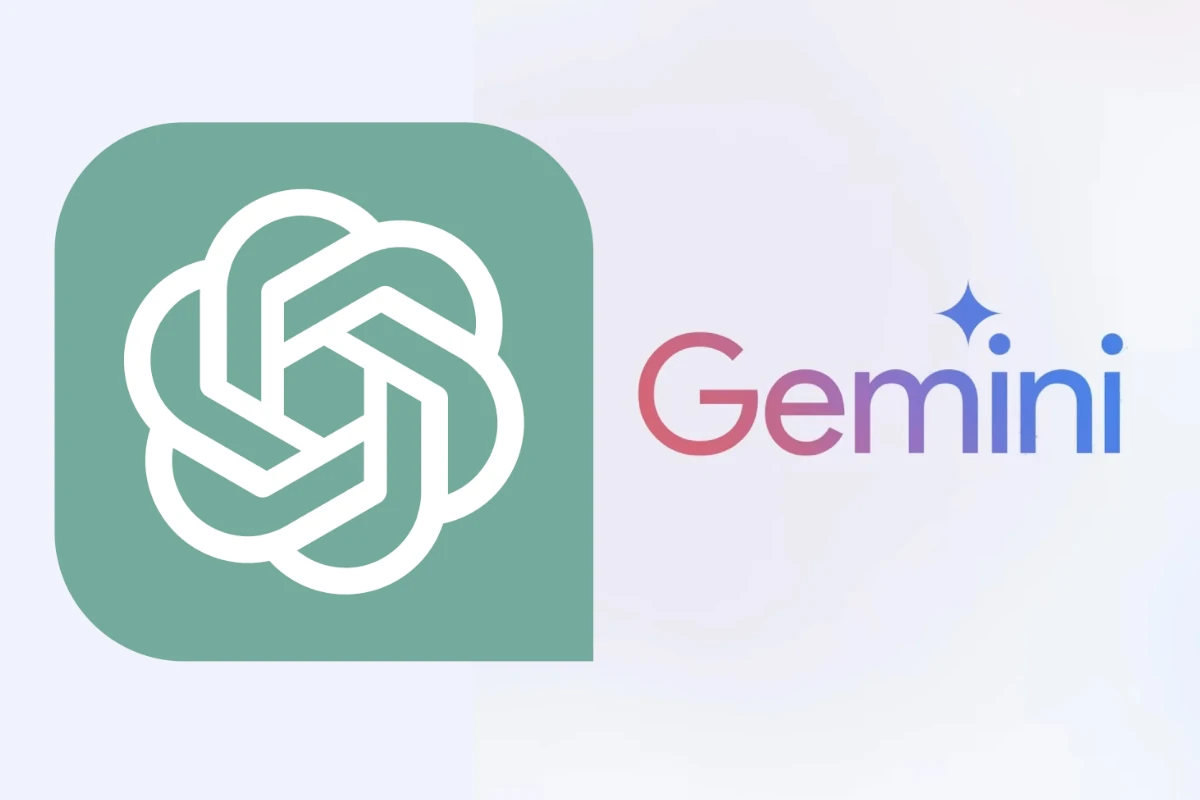ChatGPT continues to evolve at a rapid pace, reflecting broader advances in artificial intelligence and the growing demand for practical, reliable AI tools. In recent updates, the platform has focused on three big themes: deeper multimodality, more capable “agent-like” behavior, and stronger controls for safety, privacy, and enterprise use. Together, these changes are shaping how people and organizations use AI in everyday work.
Smarter, More Natural Conversations
One of the most noticeable improvements in the latest iterations of ChatGPT is the quality of conversation. Responses are more context-aware, less repetitive, and better at following complex instructions over longer exchanges. This is partly due to improvements in long-context handling, which allow the model to remember and reference earlier parts of a discussion more accurately.
For users, this means fewer clarifying prompts and more natural back-and-forth. Whether you’re brainstorming ideas, drafting content, or debugging code, ChatGPT increasingly feels like a collaborative partner rather than a simple question-and-answer tool.
Multimodal Capabilities Go Mainstream
Text is no longer the only way to interact with ChatGPT. Recent updates have expanded multimodal features, enabling users to work with images, documents, and other inputs alongside text. For example, users can upload files to summarize, analyze, or transform, or share images to get explanations, descriptions, or suggestions.
This shift reflects a broader trend in AI: moving from single-purpose text models toward systems that can understand and reason across multiple types of information. For professionals, this opens up practical use cases in design review, data analysis, education, and customer support.
From Chatbot to AI Assistant
Another major development is the move toward more agent-like behavior. Instead of responding only to single prompts, ChatGPT can now help plan tasks, break down goals into steps, and assist across multi-stage workflows. This is especially useful for projects like research, marketing campaigns, software development, or learning plans.
In some configurations, ChatGPT can integrate with tools or workflows, helping users move from ideas to execution more efficiently. While it’s not a fully autonomous agent, it’s increasingly capable of acting as a smart coordinator or assistant.
Memory and Personalization
Recent updates have also explored better personalization. With user permission, ChatGPT can remember preferences, writing styles, or recurring needs, leading to more tailored responses over time. The emphasis here is on user control: people can review, manage, or disable memory features as they choose.
This balance between personalization and privacy is critical, especially as AI becomes more embedded in daily work and communication.
Enterprise-Grade Focus: Security and Compliance
For businesses, the latest developments place a strong emphasis on security, compliance, and reliability. Enhanced data handling options, clearer controls over data usage, and support for enterprise workflows have made ChatGPT more attractive to organizations in regulated industries.
These improvements signal that AI tools are no longer just experimental add-ons; they are becoming core productivity infrastructure for teams of all sizes.
Safety, Accuracy, and Trust
Alongside new capabilities, there is continued investment in safety and accuracy. Newer versions are better at handling ambiguous questions, flagging uncertainty, and avoiding overconfident or misleading answers. While no AI system is perfect, the trajectory is toward models that are more transparent about their limitations and more aligned with user intent.
Looking Ahead
The latest updates to ChatGPT show a clear direction: more natural interaction, broader input types, deeper assistance, and stronger safeguards. As AI becomes more capable, the focus is shifting from novelty to usefulness—helping people think, create, and work more effectively.
For users, the takeaway is simple: ChatGPT is no longer just a chatbot. It’s becoming a flexible, multimodal AI assistant designed to fit into real-world workflows—and its evolution is far from over.







